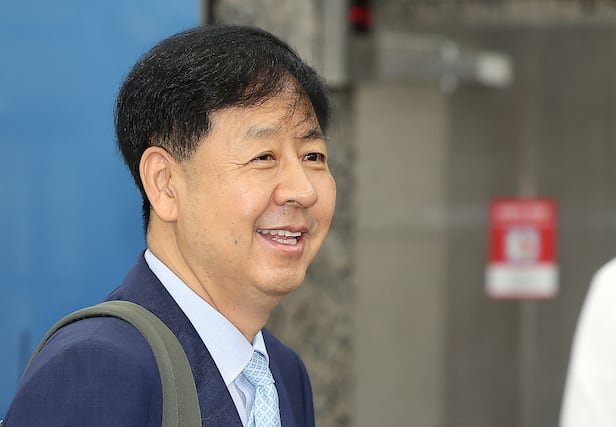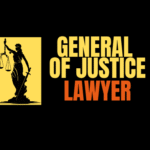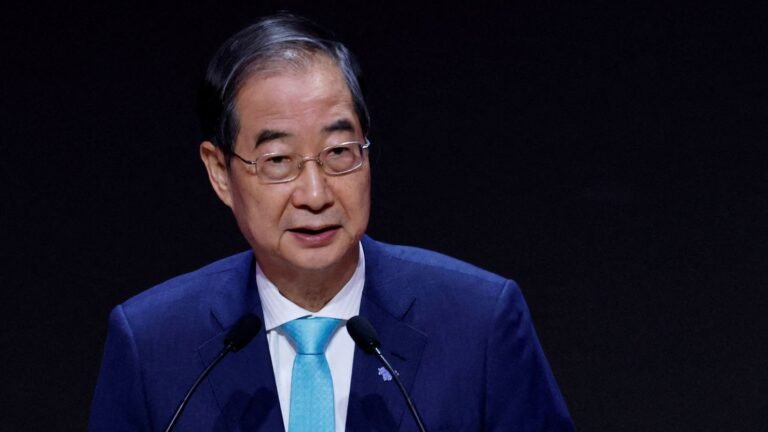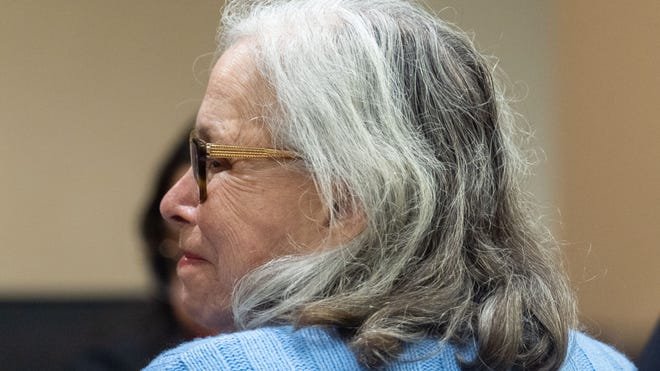
By Gen Just Law, July 19 2025
Koo Yoon-chul, nominee for Deputy Prime Minister and Minister of Economy and Finance, laid out his economic roadmap in a high-stakes confirmation hearing on July 17. With South Korea facing stagnant growth, rising household debt, and mounting fiscal burdens, Koo struck a balance between cautious reform and bold ambition.
He pledged to prioritize “sound fiscal discipline,” signaling a likely pullback from pandemic-era stimulus and universal welfare proposals. While promising investment in AI, semiconductors, and green innovation, he warned against “fiscal populism,” framing economic growth as a matter of restraint, not redistribution.
Koo defended his past service under the Moon Jae-in administration, positioning himself as a budget hawk with technocratic credibility. But lawmakers pressed him on issues of inequality, tax fairness, and labor protections—areas his roadmap seemed to downplay. He responded by emphasizing “long-term competitiveness,” arguing that policy must “reward hard work, not slogans.”
JESSISPRUDENS:
Koo’s hearing reveals a deeper legal tension in South Korea’s economic governance—where the line blurs between administrative discretion and statutory fiscal obligations. His emphasis on “regulatory streamlining” could reshape the scope of administrative law, particularly under the Framework Act on the National Fiscal. That includes shifting interpretations of balanced budget requirements, debt ceilings, and the legal weight of social guarantees. If confirmed, Koo’s leadership could also influence how courts assess the legality of executive economic decrees and emergency fiscal measures in future crises.
Critics also raised concerns over transparency, with opposition lawmakers citing past collaboration with large conglomerates. Legal experts warn this could affect public trust if Koo’s ministry is perceived as favoring deregulation at the expense of public accountability—especially in areas like corporate tax law, anti-graft enforcement, and fiscal transparency requirements under the Public Finance Act.
Koo’s nomination still requires Assembly approval. The hearing marks not just a political test, but a legal inflection point—highlighting how economic power in Korea increasingly hinges on legal interpretation, statutory limits, and the evolving role of technocrats in shaping fiscal law.
Author

Latest entries
 Donna Adelson Trial2025-09-05Donna Adelson Found Guilty on All Counts in Dan Markel Murder Case
Donna Adelson Trial2025-09-05Donna Adelson Found Guilty on All Counts in Dan Markel Murder Case True Crime2025-09-03Epstein Files: Survivors Break Silence on Capitol Hill
True Crime2025-09-03Epstein Files: Survivors Break Silence on Capitol Hill US2025-09-03Cardi B Assault Trial Verdict — She’s Not The Drama
US2025-09-03Cardi B Assault Trial Verdict — She’s Not The Drama US2025-08-30Jim Crow Era — Louisiana’s Split Juries Problem and the Limits of Retroactivity
US2025-08-30Jim Crow Era — Louisiana’s Split Juries Problem and the Limits of Retroactivity






